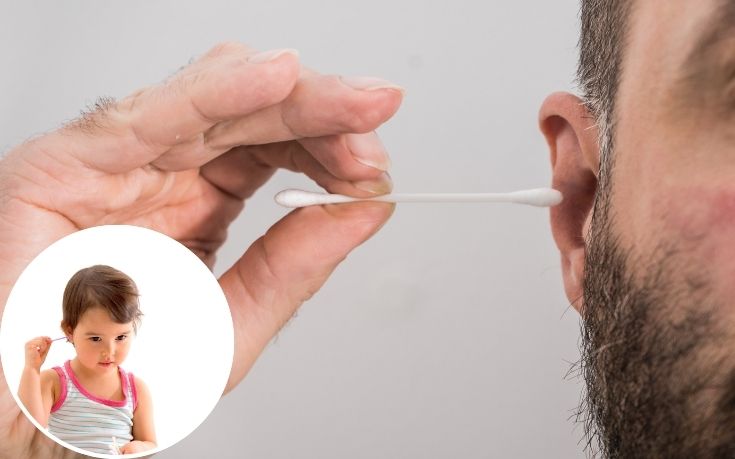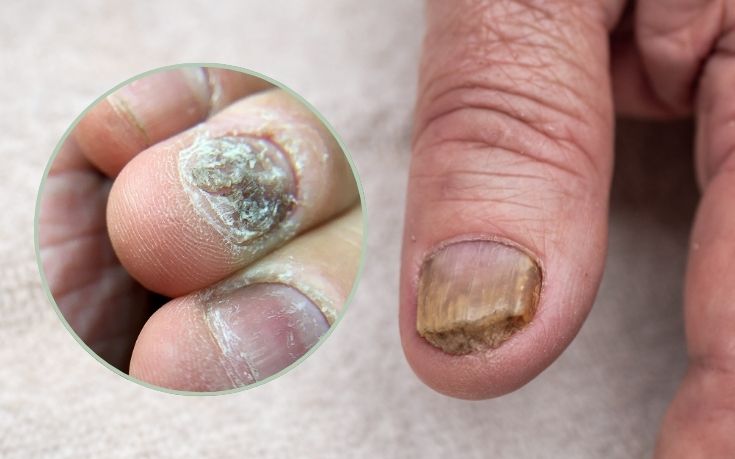Keep Your Ears Happy : 6 Tips For Healthy And Clean Ears
While ears are, undoubtedly, unsung heroes in our sensory system—giving man the hearing ability to take on the world around—it is almost always overlooked in hygiene routines, trying to keep them clean. Here are 6 tips for healthy and clean ears. Taking care of one’s ears is not only about the ability to hear well but also the general health of the ears—keeping them free from infections.: 6 Tips For Healthy And Clean Ears Keeping your ears clean and healthy is very important for regular hearing and good health overall. Maintaining good ears isn’t difficult to do if you build a few simple habits. Avoid inserting objects into your ears, including cotton swabs, that may push more wax deeper into an ear canal or tear the lining inside it. Instead, gently clean the outer ears by wiping them with a soft cloth to remove any visible dirt or wax. Allow ear wax to find its way out of the ear canal. Later, a health professional can help deal with excessive accumulation of wax. Use protective means to ears from loud noises through earplugs or earmuffs, which are known to avoid any damage to the ears- infections and hearing problems. Dry your ears after swimming or showering; the towel will help keep the ears dry and minimize moisture. This avoids infections. It is also important to make regular check-ups with a healthcare provider to assess the condition of your ears and deal with problems at an early stage. If you include those habits in your daily routine, the health of your ears will be good and they will stay clean. Below are the 6 tips for healthy and clean ears. Gentle Cleaning Practices The temptation to clear out the earwax with cotton swabs is huge; however, it does more harm than good. Cotton swabs are capable of pushing earwax deeper into the ear canal, blocking it, or even causing damage to the finer structures of the ear. Instead, nature is best left to itself. Earwax has a self-cleaning mechanism naturally. It slowly makes its way from the inner ear to the outer ear, where it can then be gently wiped out. If you feel that you need to clean your ears, moisten a clean cloth and gently wipe out the area of your ear that you can see externally. Nothing should ever be inserted in the ear canal. Keep Ears Dry Moisture in the ears is a conducive environment for bacteria to grow, hence causing infections such as swimmer’s ears. Dry ears after swimming or showering. Tip your head on each side as you turn your head upside down to let the water run out of your ear canal. You can also use a soft towel to pat the home, outside part dry. For swimmers, this would be a good investment in keeping the earplugs water-free. Also, if you feel excess moisture, you may wish to use a blow dryer on an extremely low, cool setting to dry the inside of the ears. Protect Your Ears from Noises Exposure to loud noises permanently damages hearing. Whether from concerts, machinery, or personal audio devices, take care of your ears. Use earplugs or noise-cancelling headphones when around loud sounds or machinery. When using headphones to listen to music or any other form of audio, ensure that the sound level is at a safe volume. Follow the 60/60 rule: no more than 60% maximum volume for no more than 60 minutes at a time. Thus, allowing your ears to rest can reduce the development of long-term hearing loss significantly. Never Use Sharp Objects The use of sharp objects to scratch inside the ear can be dangerous, even if this serves only to remove ear wax. This may puncture your eardrum or your ear canal and lead to pain, infections, or even the loss of hearing ability. If it’s itching, then you can opt for the ear drops that normally soothe itching. Available over-the-counter, they are specially designed to be used safely in the ears. In the case of suspected blockage or constant discomfort, it is best to see a professional rather than try to fix things yourself. Regular Check-ups Regular audiology or ear, nose, and throat consultations can determine if there is a possible problem with your ear before it becomes severe. Monitoring of hearing through a vết hearing test may also allow detection of changes over time. If you have any of the signs of hearing loss, such as ringing, buzzing or difficulty with clearly understanding speech, see an audiologist or other healthcare professional right away. For many issues, early intervention can prevent them from becoming significant. Also, the state after buildup removal by a professional is safe. Guard against Ear Infections Ear infections can affect anyone, but more commonly they do occur in kids. However, adults may also be affected. Pain, swelling, draining, and loss of hearing could be some of the symptoms. Most infections are prevented by just keeping your ears clean and dry. If you observe some symptoms, do not waste time taking treatment. The complications set in, including loss of hearing abilities if the ear infection goes without treatment. Over-the-counter pain relievers can be used to get relief from the discomfort. Still, only a healthcare professional can determine the need for antibiotics or other treatments. Embrace Healthy Ear Practices Your ears are sensitive organs that require proper care so that they help you to their optimum potential. Now that the secret is revealed, incorporate these simple tips into your daily life and enjoy a clean, healthy ear to relish the world of sound that surrounds you. They include gentle cleaning, keeping them dry, protecting them from loud noises, staying clear of sharp objects, visiting regularly for check-ups, and keeping off infections. If all is well, your ears will thank you for these good deeds with years of sterling service.


